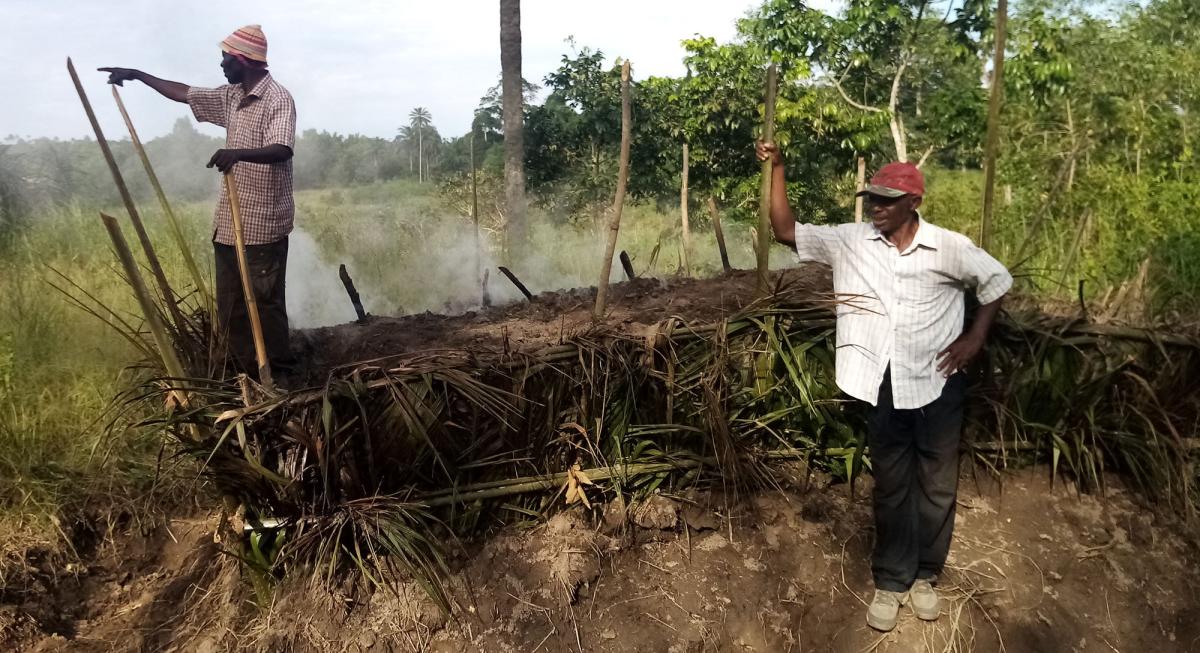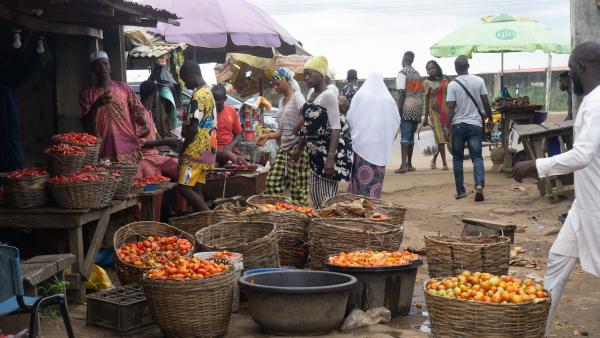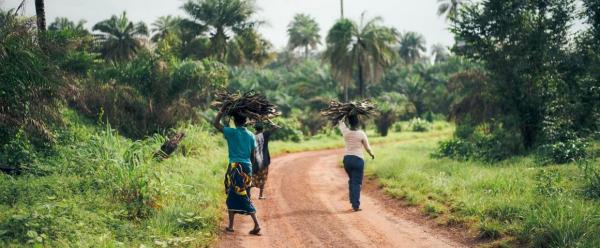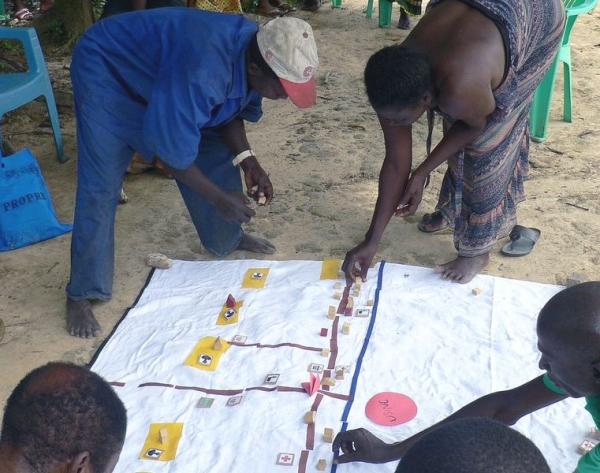Context and development issues
The Democratic Republic of Congo (DRC) is the world's second largest tropical forest country (145 million ha) and the largest forest country in the Congo Basin (two-thirds of the land area). It is currently implementing its investment plan for the REDD+ process (Reducing Emissions from Deforestation and Forest Degradation), designed to be a tool for forest governance.
In this context, the activities developed by CIRAD in DRC mainly concern the Forests and Societies (F&S) research unit.
Researchers from the F&S unit contribute to several research and development and training projects, notably in Kisangani, in partnership with its university under the European "Forests" project (teaching, student supervision), and a "wood-energy" project in the CAFI/FONAREDD/UNDP framework, which concerns the cities of Lubumbashi, Kinshasa, Goma and Bukavu and their wood-energy supply. Lastly, work with the University of Kisangani and INERA is being stepped up under the R2FAC regional network.
CIRAD's Qualisud team, after coordinating the European DafrAli project, which focuses on food safety and security and involves several Congolese university partners, is still present in DRC, through the assignment of a researcher to Goma who is contributing to the RTBFoods project (Roots, Tubers and Bananas).
Finally, CIRAD provides expertise to private agribusinesses, particularly on oil palm (via its subsidiary PalmElit, and the AbSys research unit).
Main partners and partnership arrangements
Development research organisations and universities:
- The Central African Forest Observatory (OFAC/COMIFAC);
- The National REDD+ Fund of DRC (FONAREDD);
- The National Institute for Study and Research (INERA);
- The University of Kisangani (UNIKIS).
Platform in partnership
How can we improve polices, strategies and modes of intervention on every level so as to ensure the long-term preservation of the Congo Basin forests and food security for the people who derive a living from them?
INERA and UNIKIS are founding members of this regional network.





























